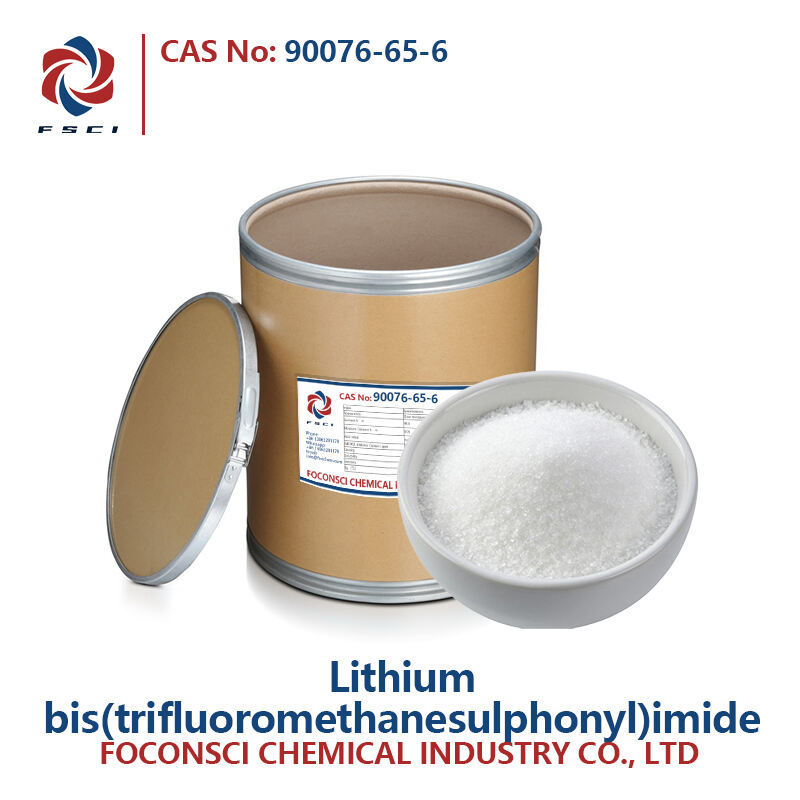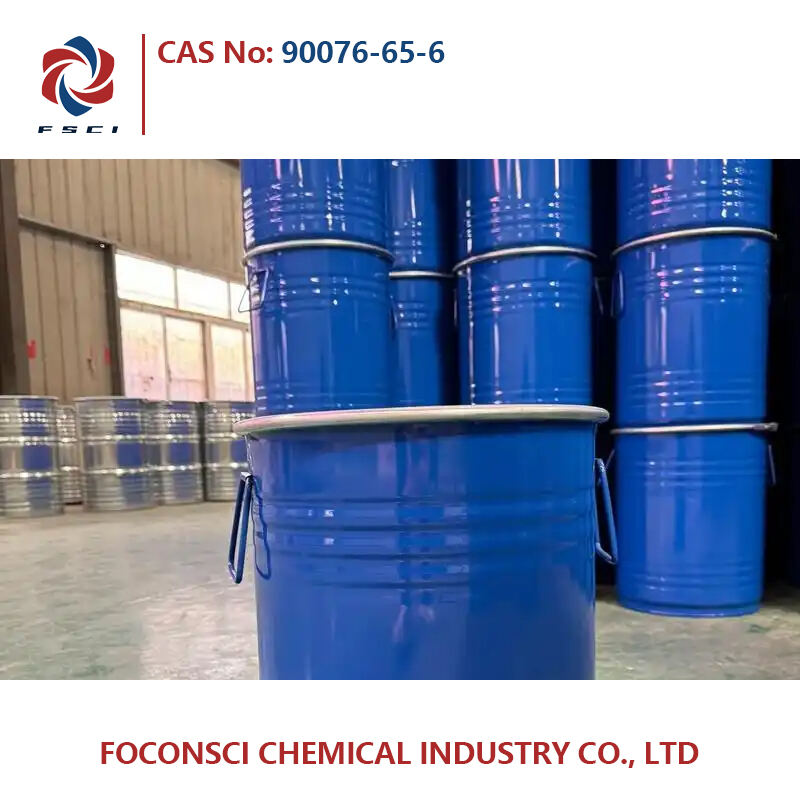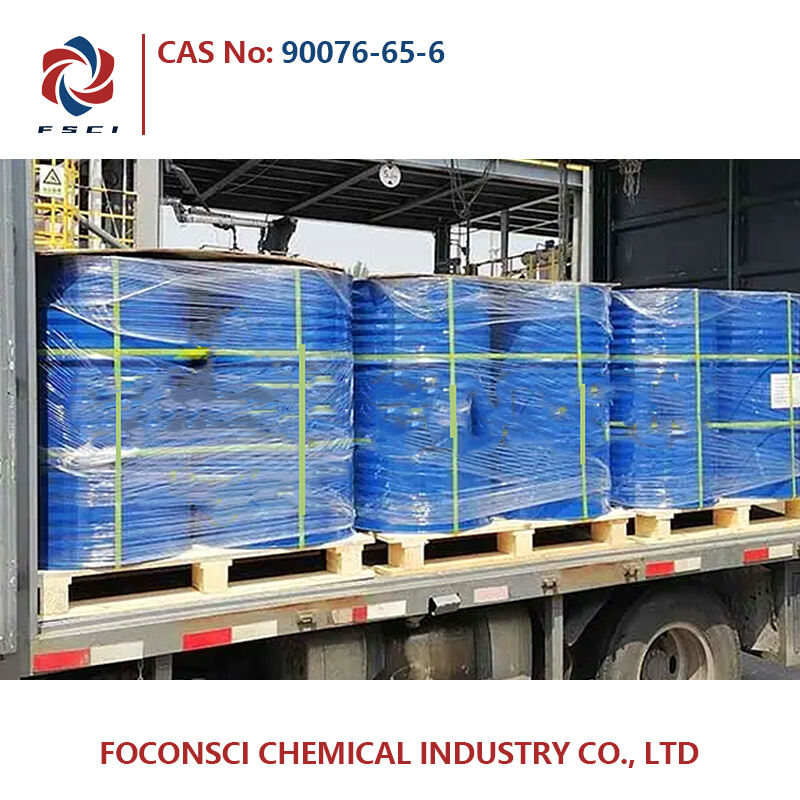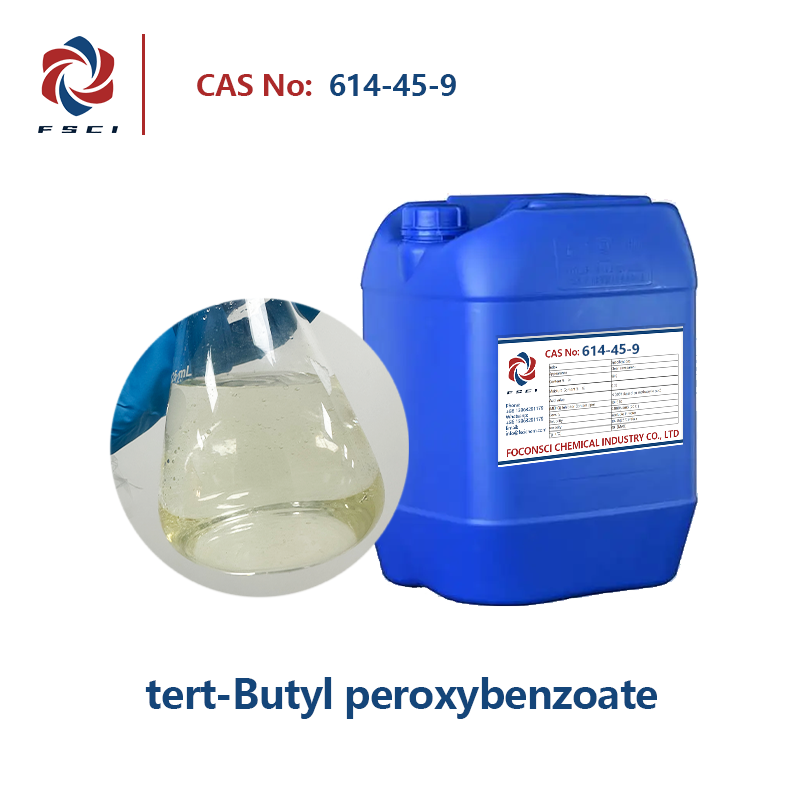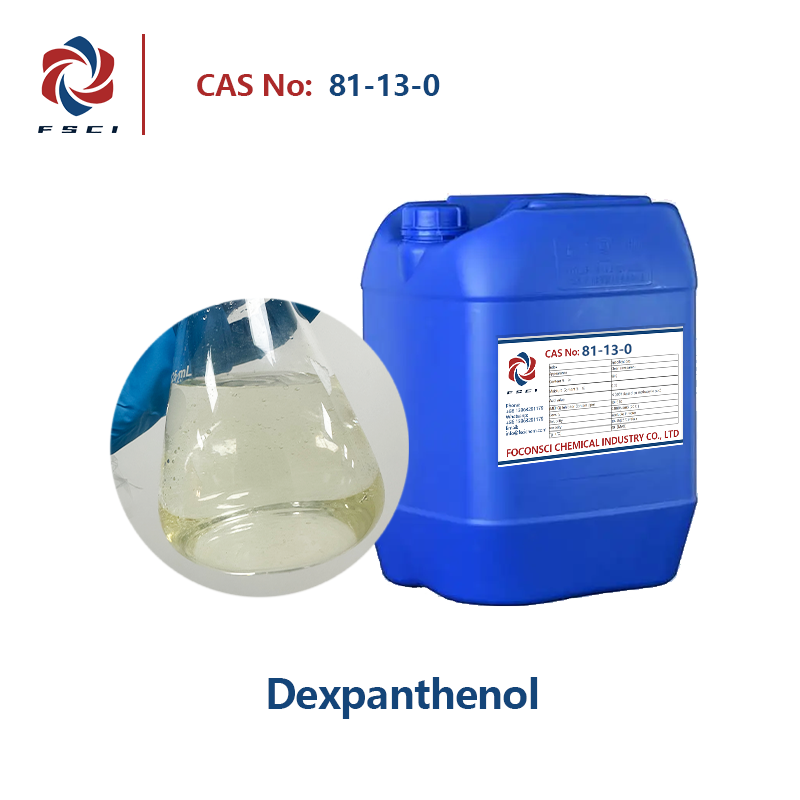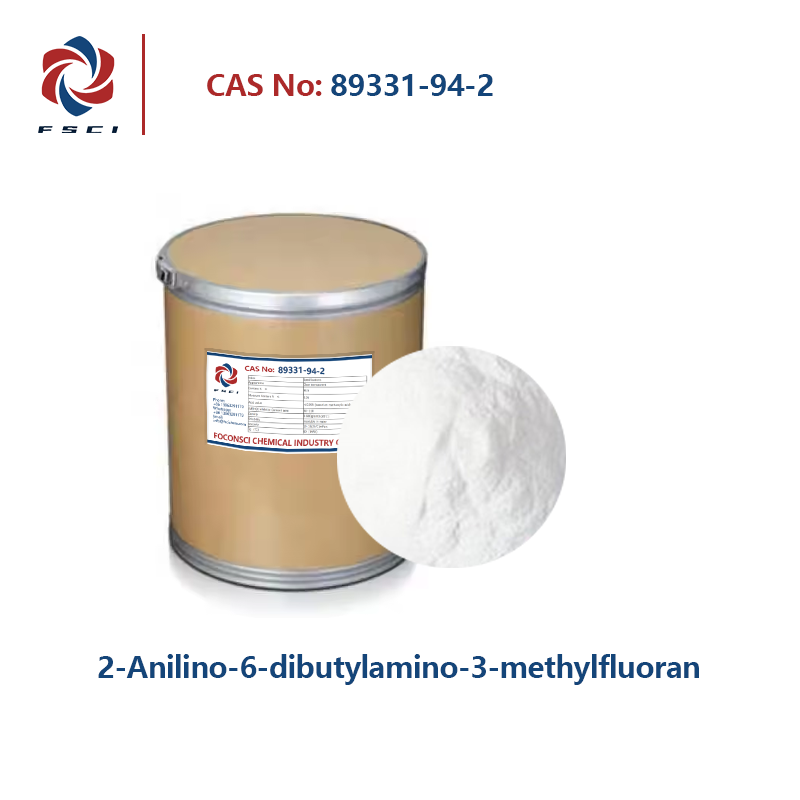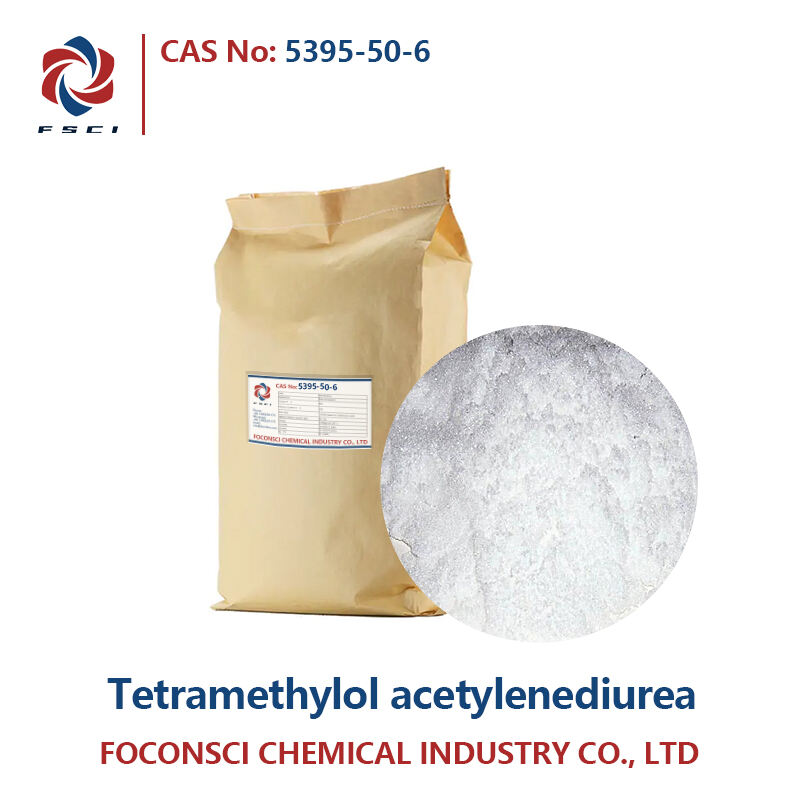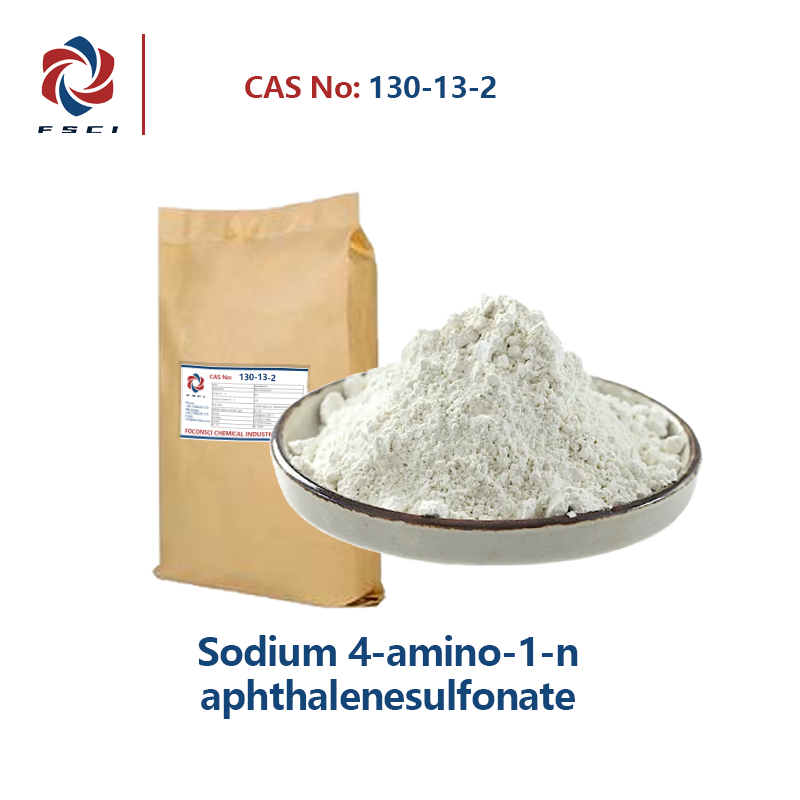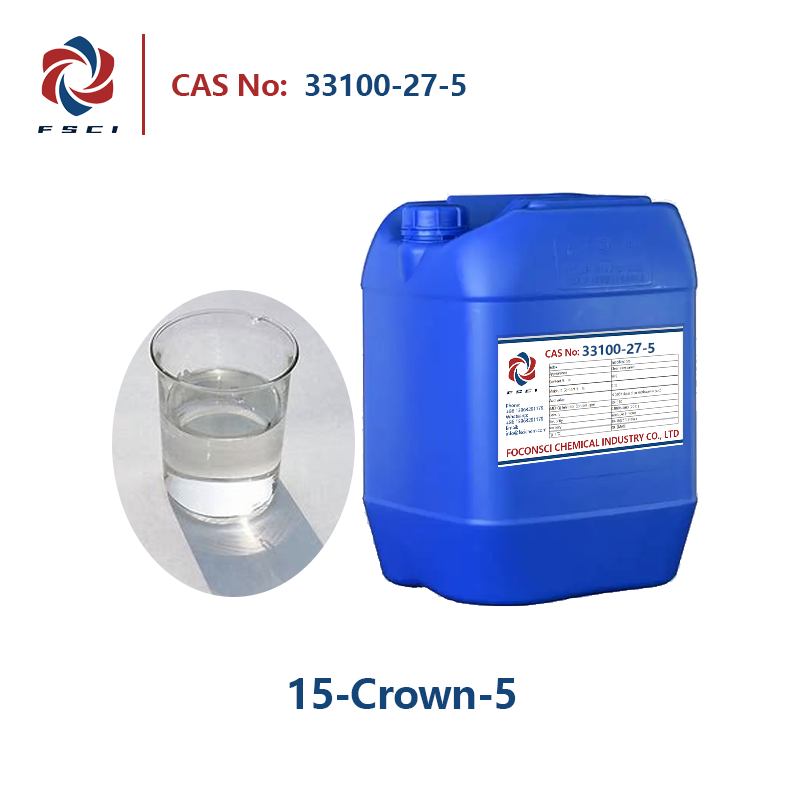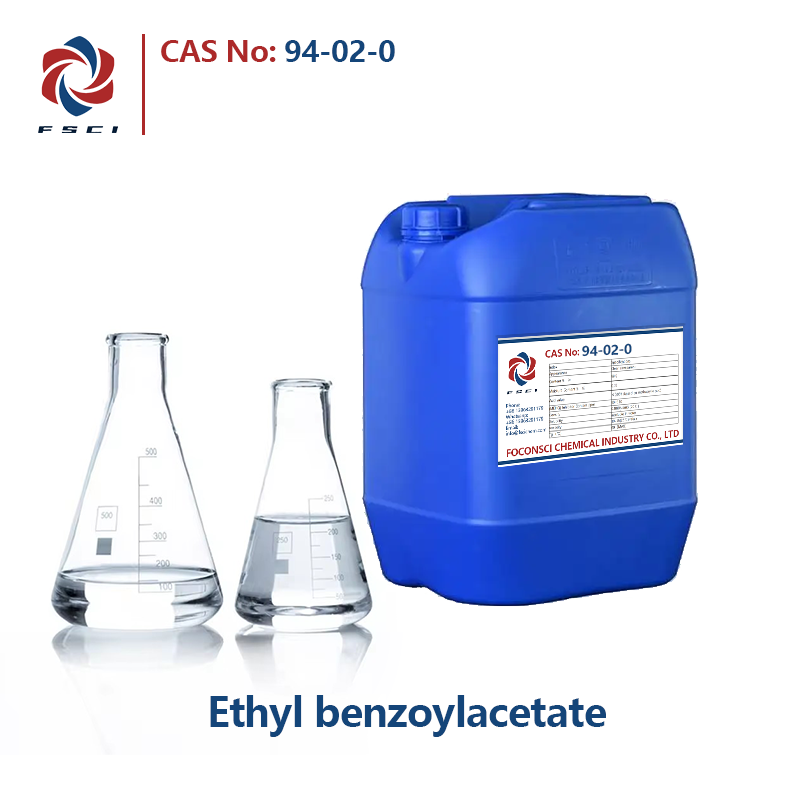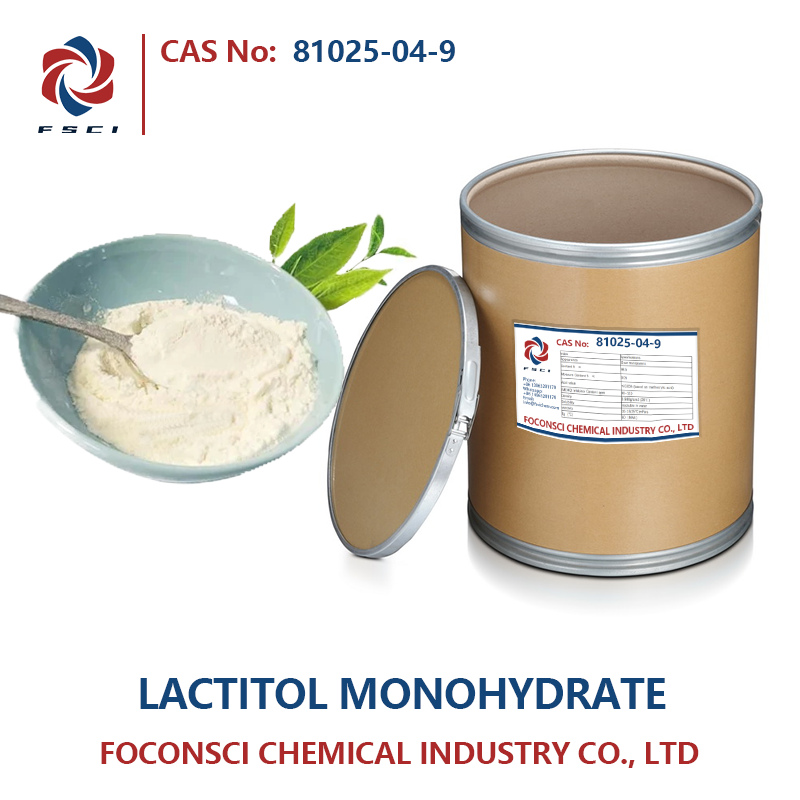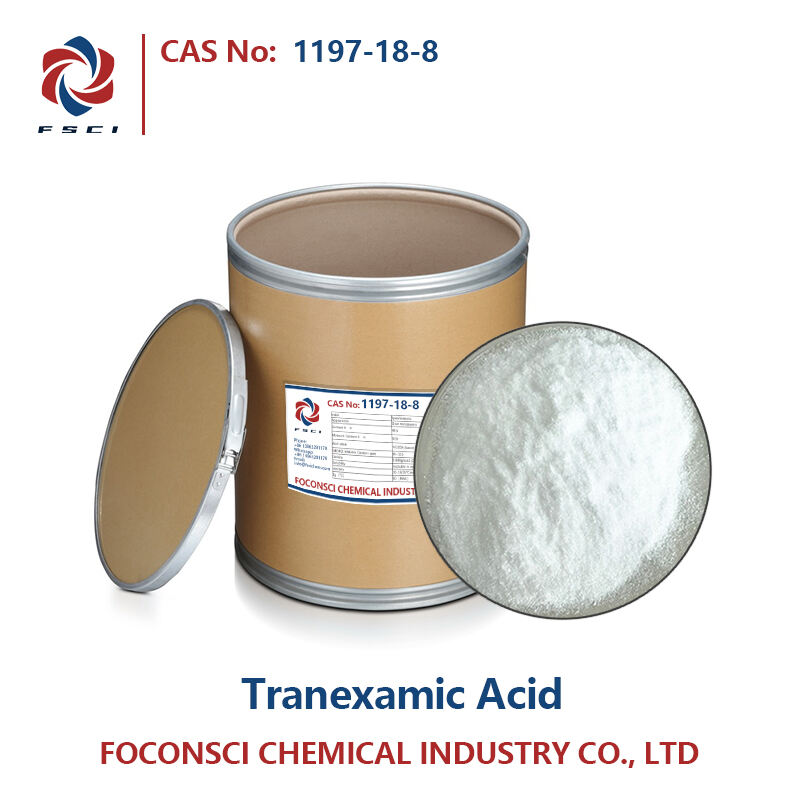Lithium bis(trifluoromethanesulphonyl)imide CAS 90076-65-6
Chemical name: Lithium bis(trifluoromethanesulphonyl)imide
Synonymous names:LiTFSI;N-lithiotrifluoromethanesulfonimide;Lithium bis(trifluoromethane sulfonimide)
CAS No:90076-65-6
Molecular formula:C2F6LiNO4S2
Molecular weight:287.09
EINECS No:415-300-0
- Parameter
- Related products
- Inquiry
Structural formula: 
Product Description:
|
Items |
Specifications |
|
Appearance |
White powder |
|
Water |
Max 0.05% |
|
Content |
Min 99.5% |
|
Sulfate concentration (ppm) |
Max 20 |
|
Fluoride – (ppm) |
Max 20 |
|
Chloride – (ppm) |
Max 10 |
|
Sodium (ppm) |
Max 10 |
|
Potassium (ppm) |
Max 10 |
|
pH |
6-8 |
Properties and Usage:
Lithium bistrifluoromethanesulfonimide (LiTFSI for short) is a high-performance lithium salt mainly used in lithium-ion batteries and related electrochemical fields. Its excellent ionic conductivity and chemical stability make it an indispensable material in electrochemical technology.
1. Lithium-ion battery electrolyte: LiTFSI, as the core component of the electrolyte, can significantly increase the conductivity of lithium-ion batteries, thereby improving the energy density and cycle life of the battery. Its fluorine chemical group provides good ionic conductivity, especially under high and low temperature conditions.
2. Supercapacitor: Among supercapacitors, LiTFSI’s high ionic conductivity and excellent chemical stability can effectively improve energy storage capacity and extend service life, making it an ideal choice for efficient energy storage devices.
3. Electrolyte membranes and coatings: LiTFSI is used in electrolyte membranes and coatings in electrochemical equipment to enhance the ionic conductivity of the membrane and improve its mechanical and chemical stability, making it suitable for various electrochemical applications.
4. Electrochemical research: In the development and testing of battery materials, LiTFSI’s good conductivity and stability make it a key material for the study of new electrolyte systems, helping to explore performance in different electrochemical environments.
5. Conductive polymers and gel electrolytes: In the preparation of conductive polymers and gel electrolytes, LiTFSI improves the ionic conductivity of these materials, expands their applicability in batteries and other electrochemical applications, and improves overall performance.
6. Solid-state batteries: LiTFSI is often used as the electrolyte in solid-state batteries to enhance the ionic conductivity of the solid-state electrolyte, thereby improving the overall performance and safety of the battery, and is suitable for new generation battery technology.
Storage conditions: Dry, cool, closed place, in an inert gas environment
Packing: This product is packed in 25kg 50kg cardboard drums, and it can also be customized according to customers' requirements


 EN
EN
 AR
AR
 BG
BG
 HR
HR
 CS
CS
 DA
DA
 NL
NL
 FI
FI
 FR
FR
 DE
DE
 EL
EL
 HI
HI
 IT
IT
 JA
JA
 KO
KO
 NO
NO
 PL
PL
 PT
PT
 RO
RO
 RU
RU
 ES
ES
 SV
SV
 TL
TL
 IW
IW
 ID
ID
 LV
LV
 LT
LT
 SR
SR
 SK
SK
 VI
VI
 HU
HU
 TH
TH
 TR
TR
 GA
GA
 CY
CY
 KA
KA
 LA
LA
 MN
MN
 KK
KK
 LB
LB

